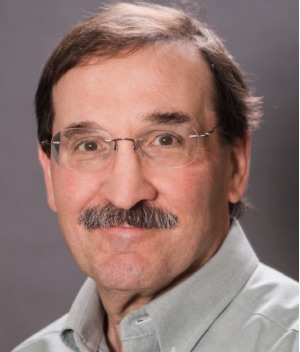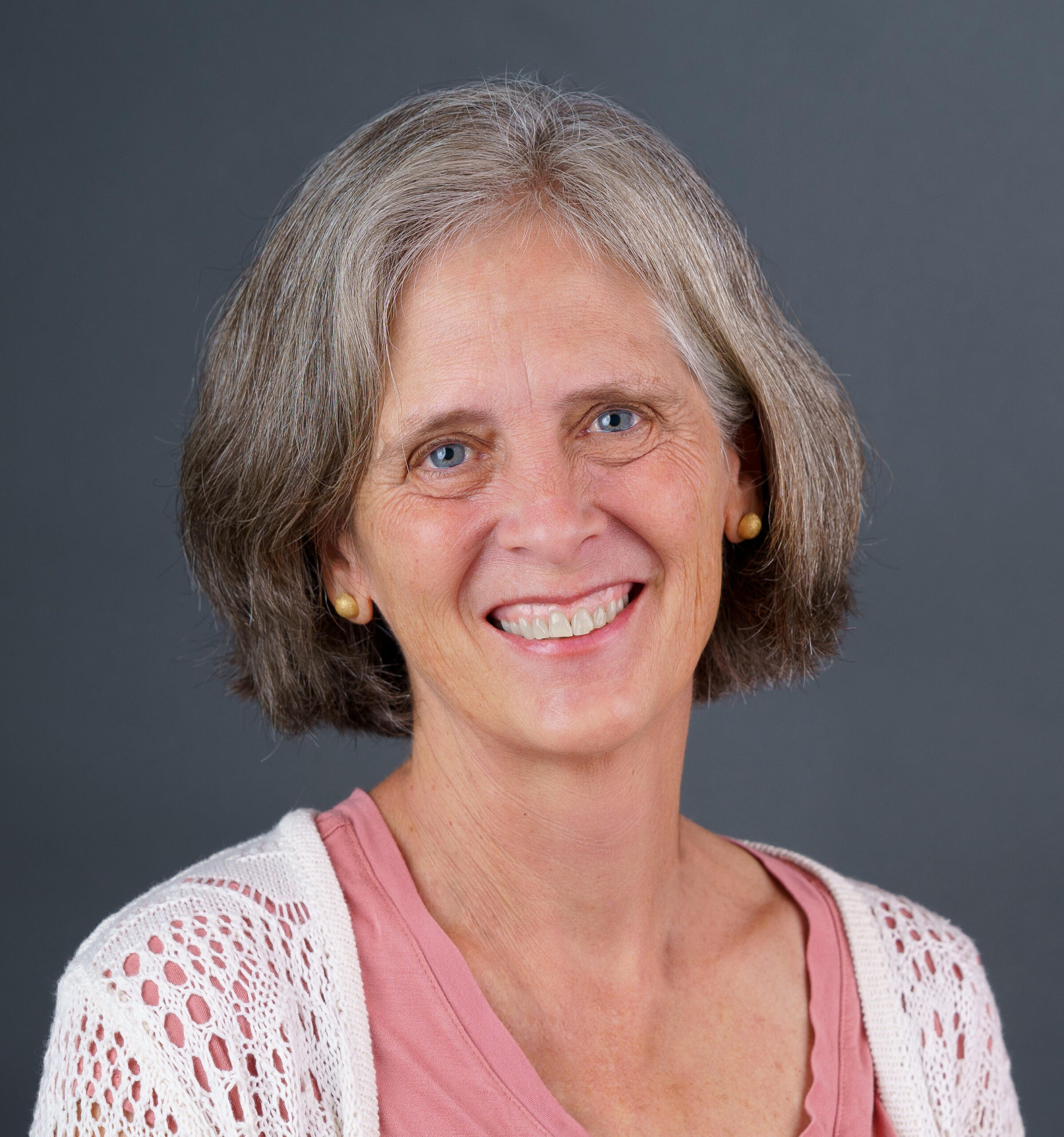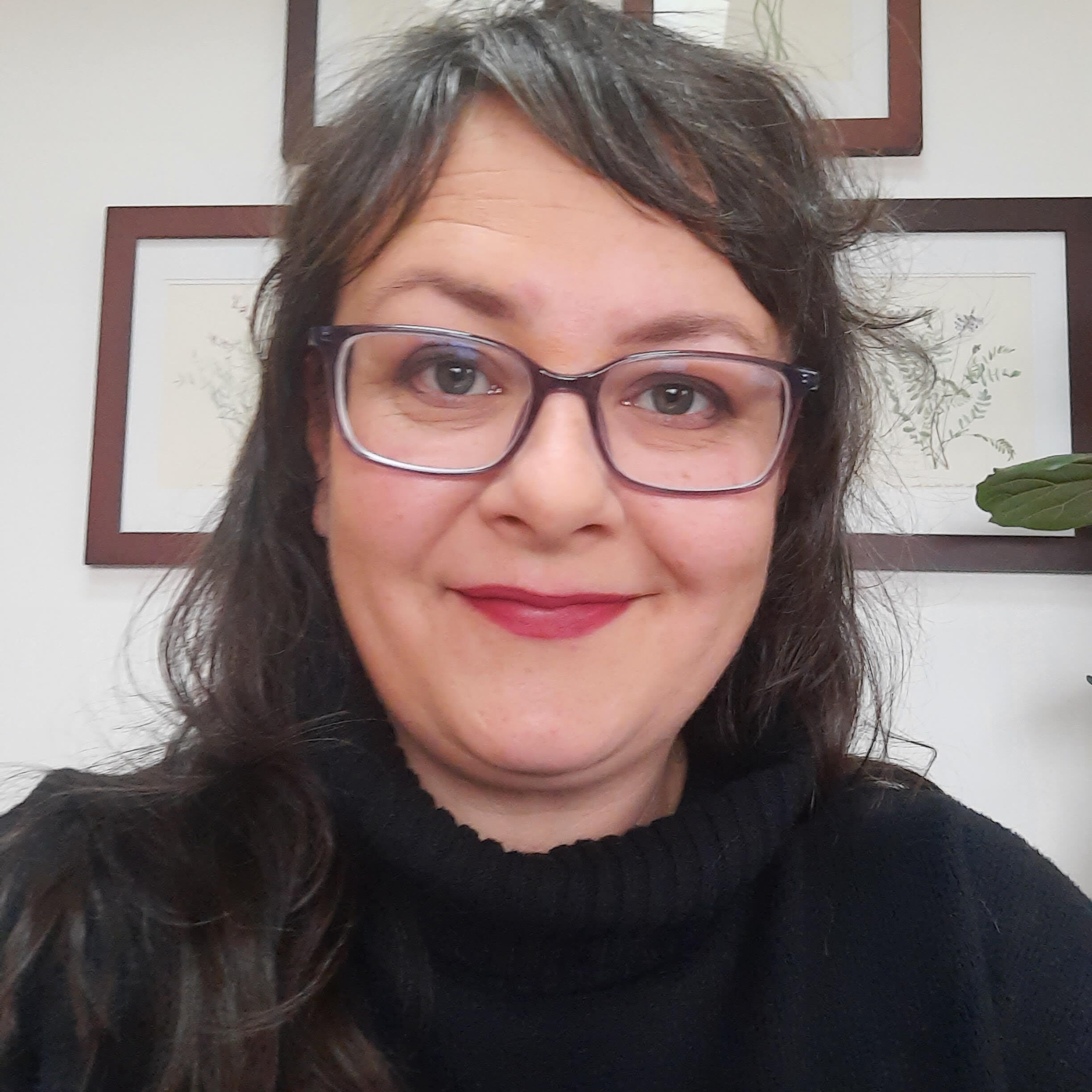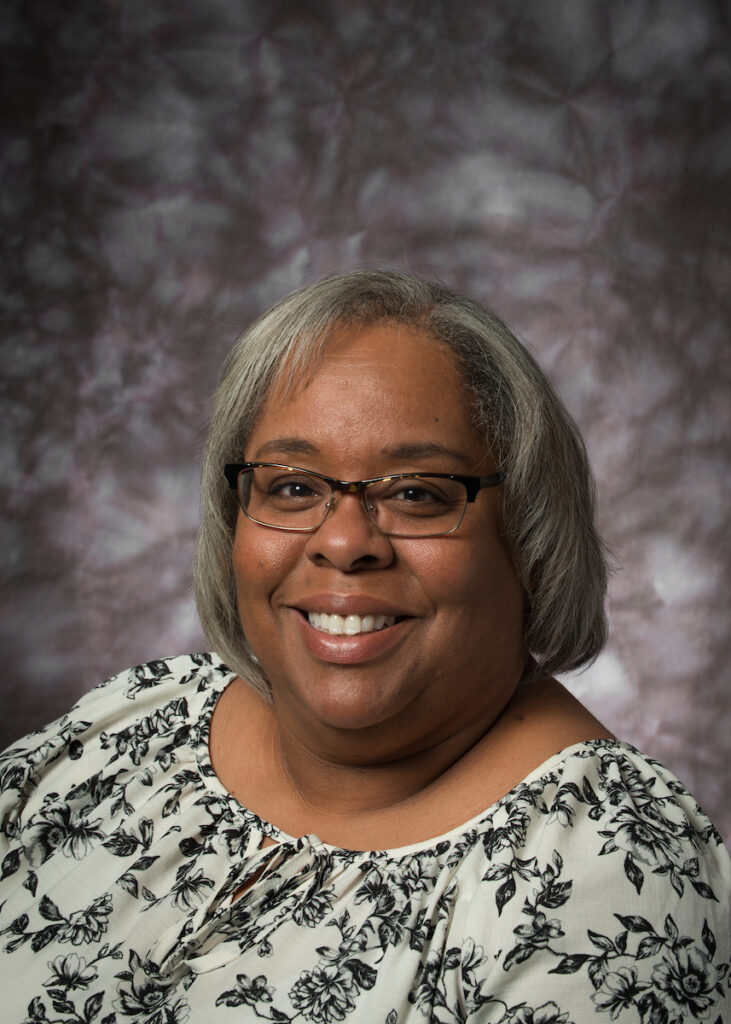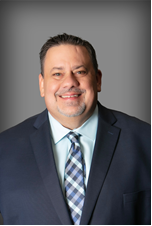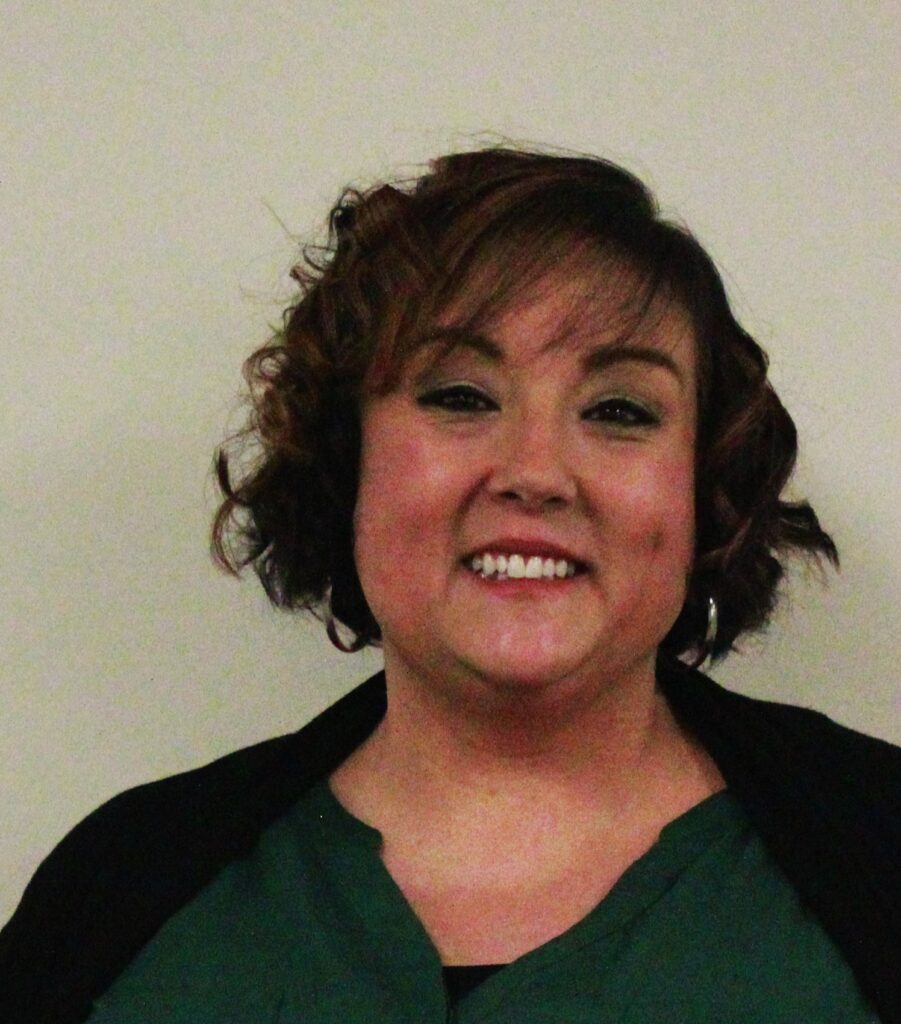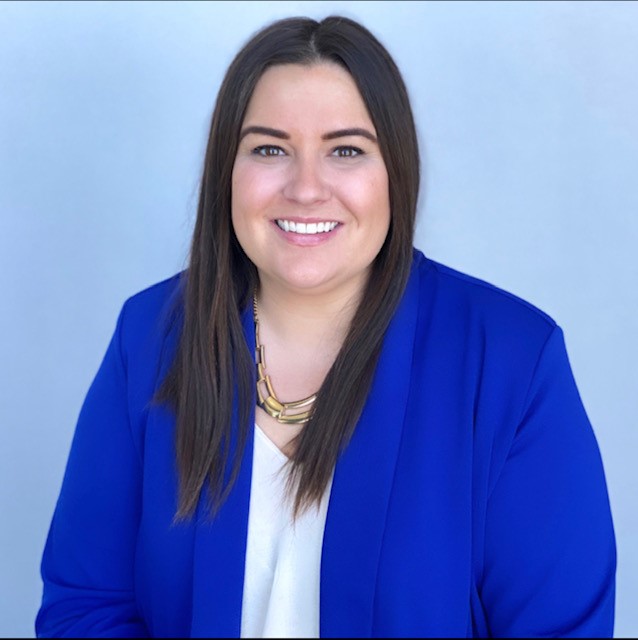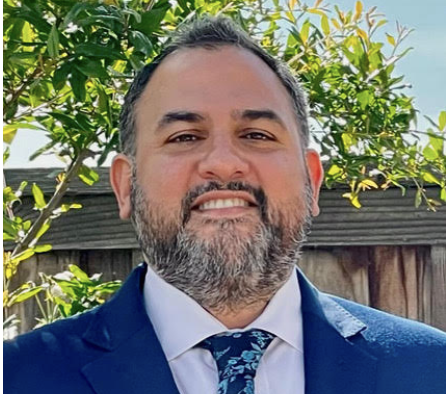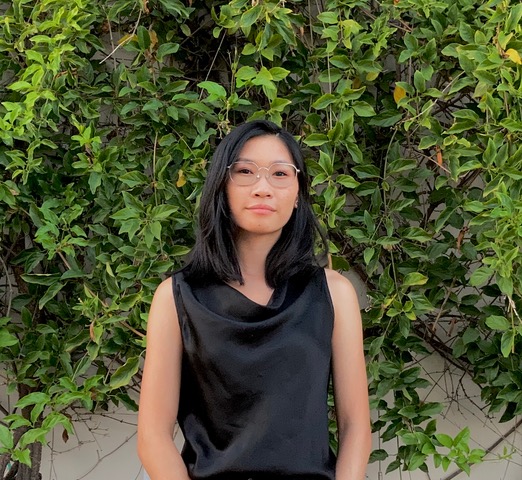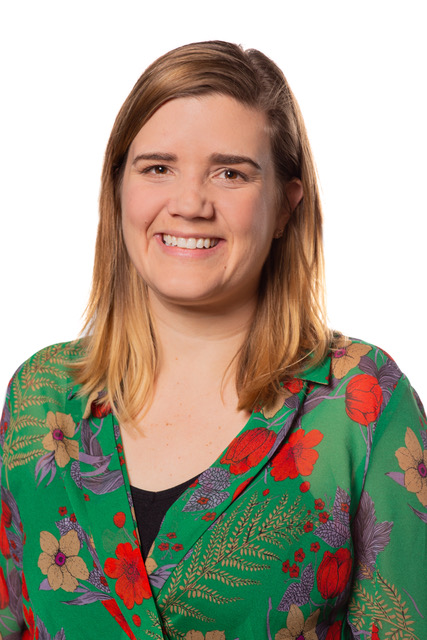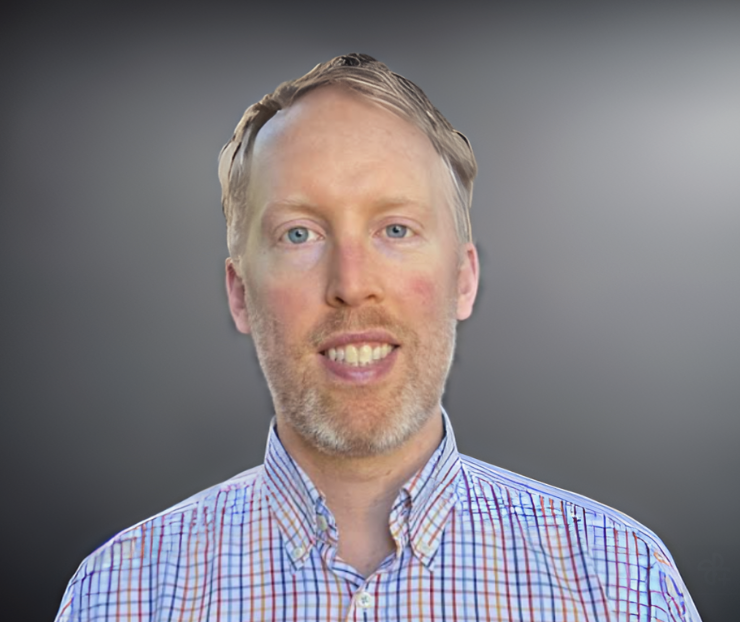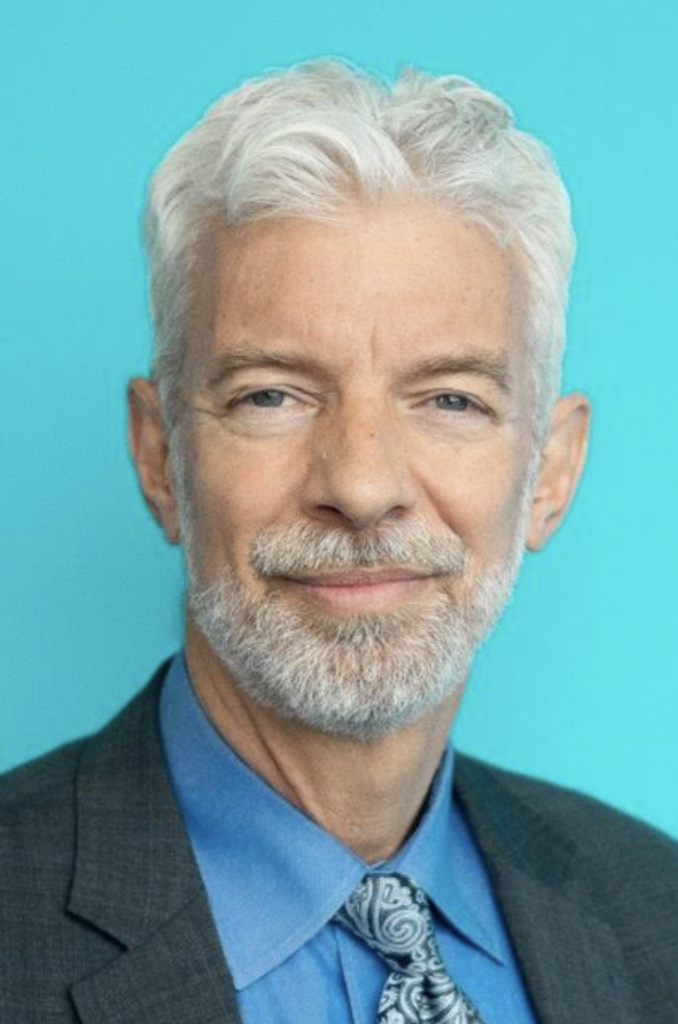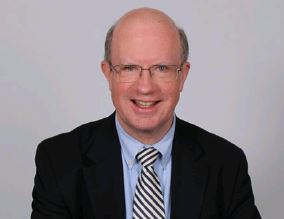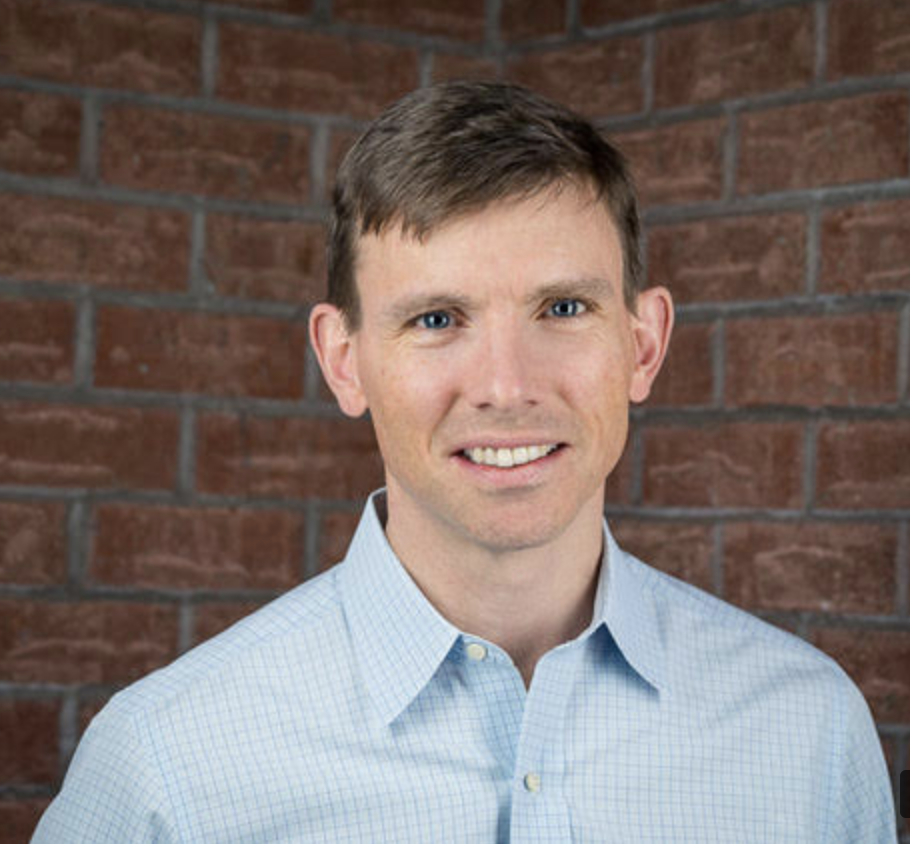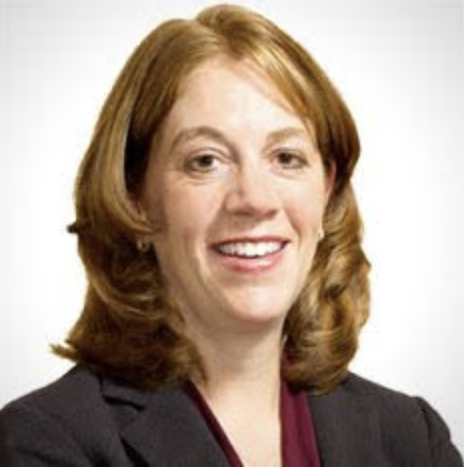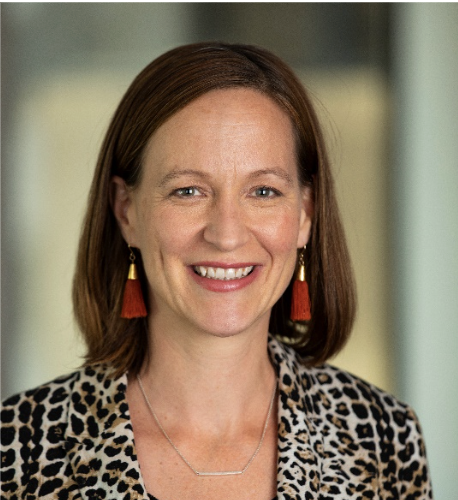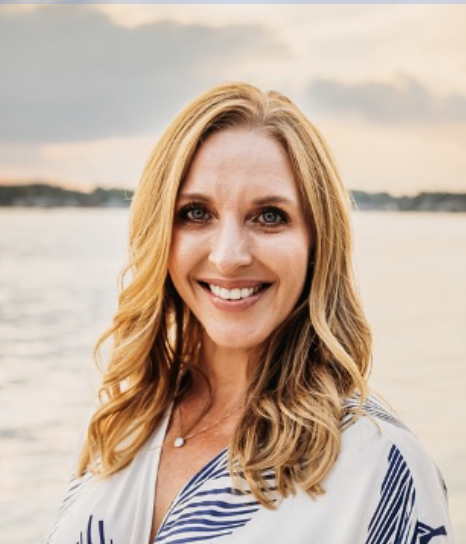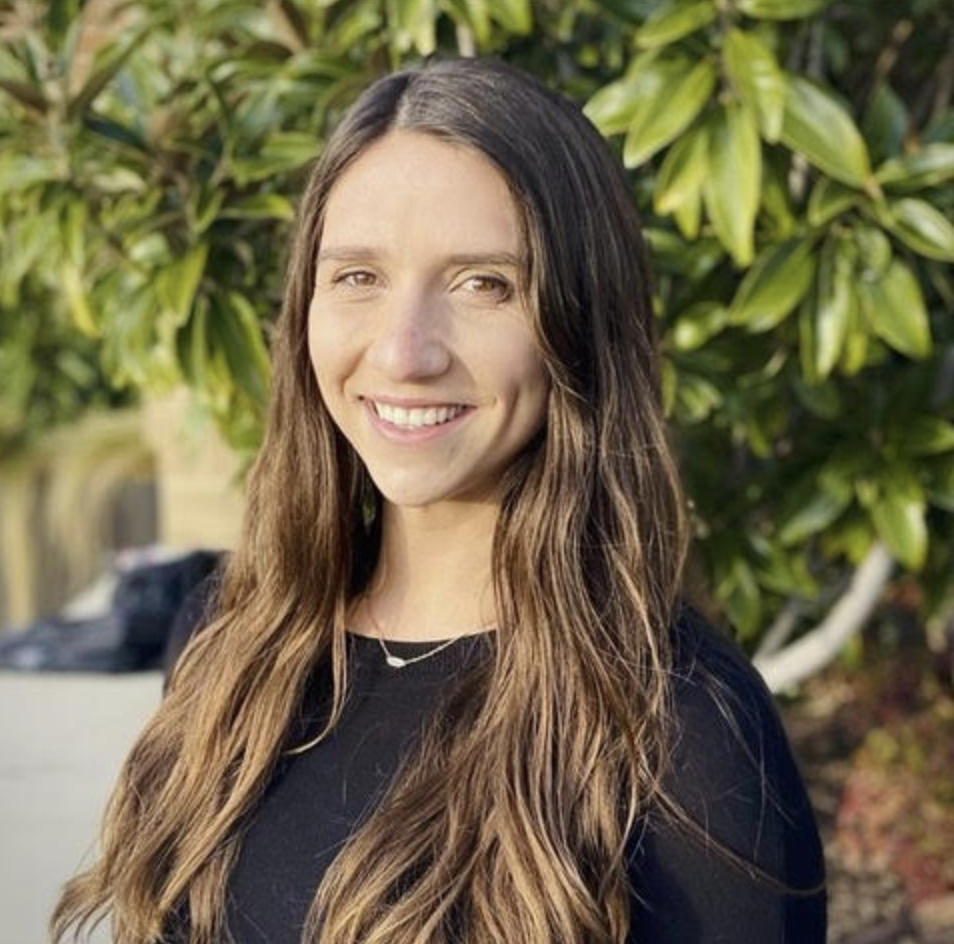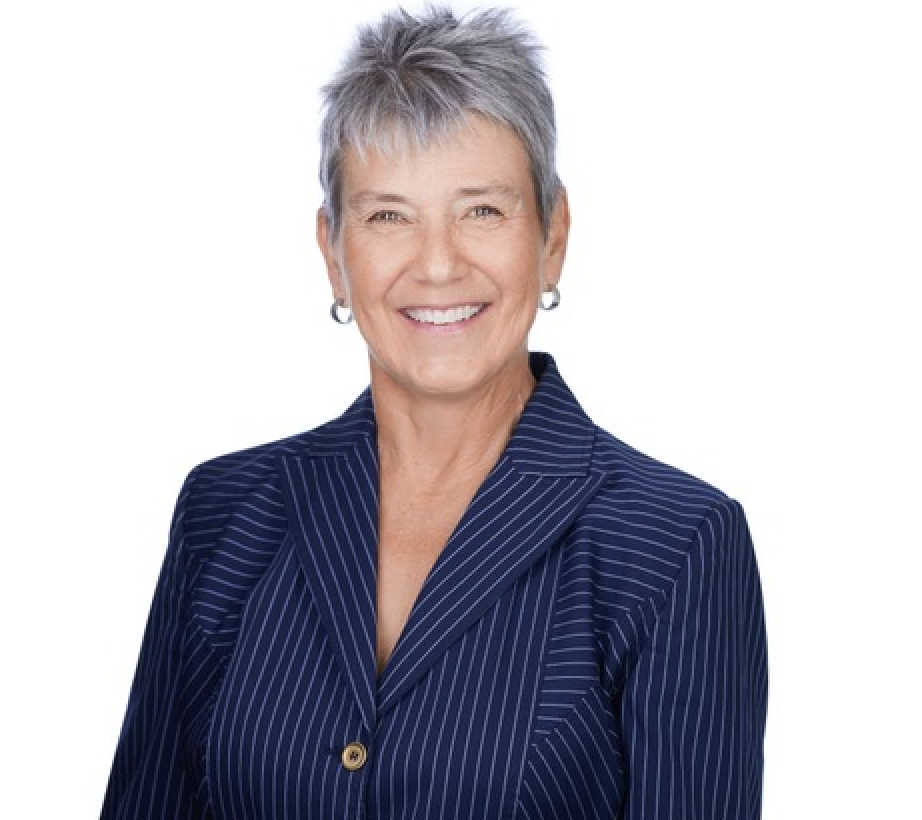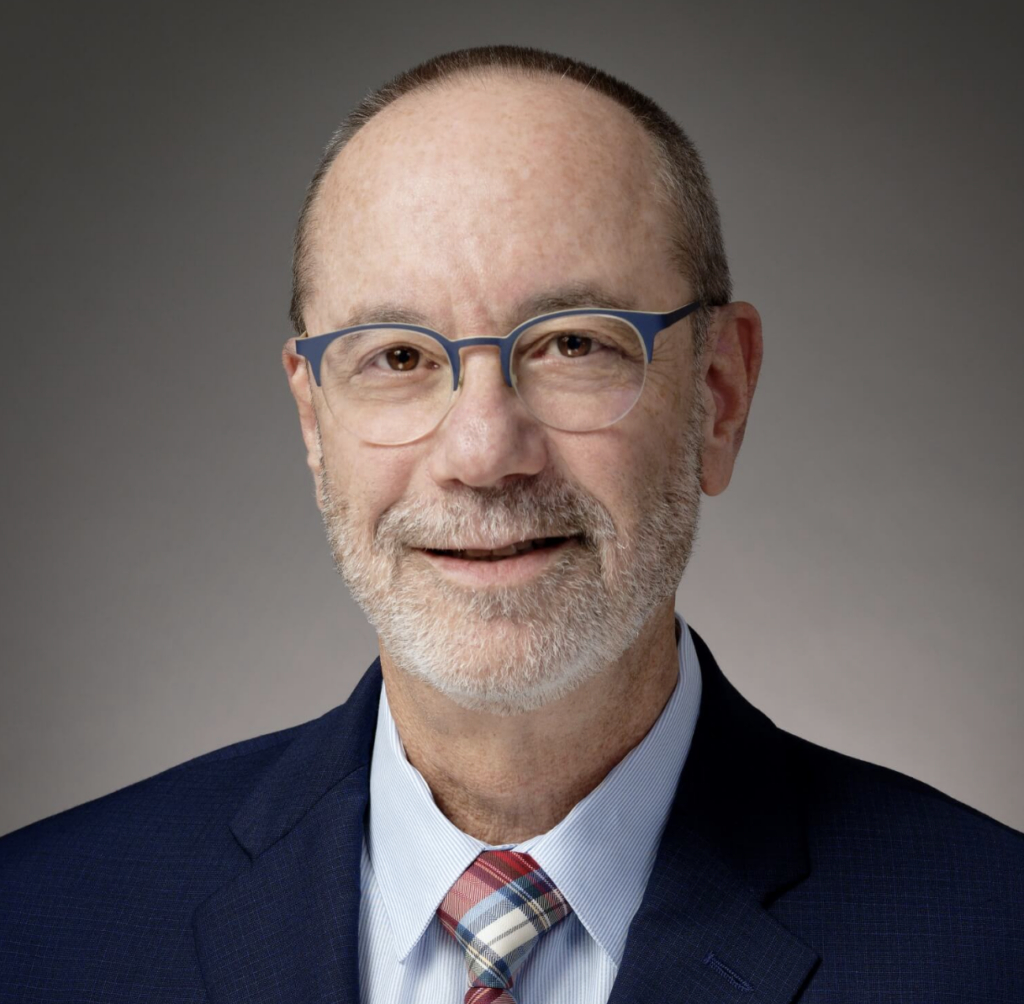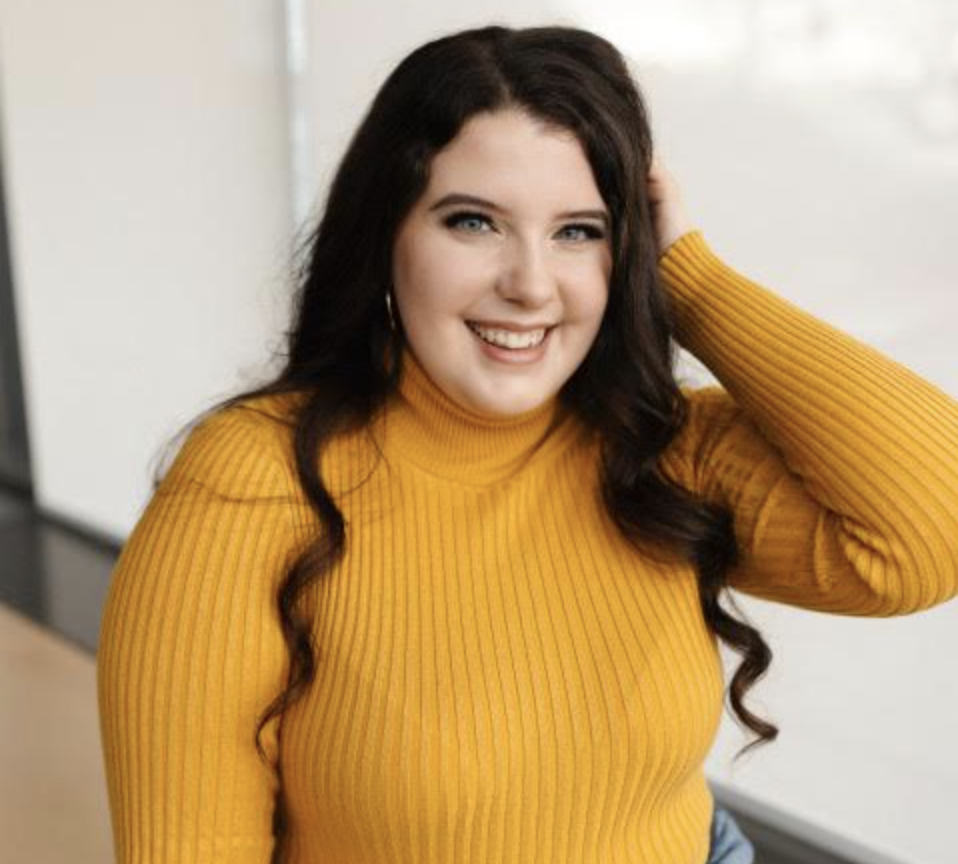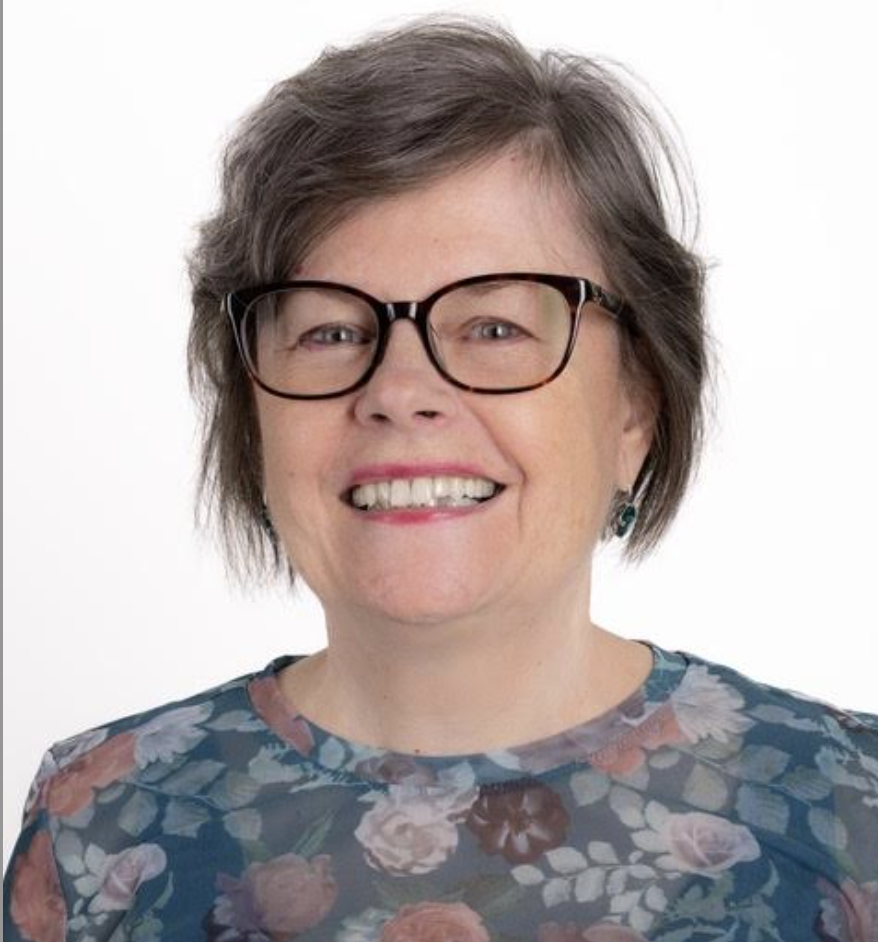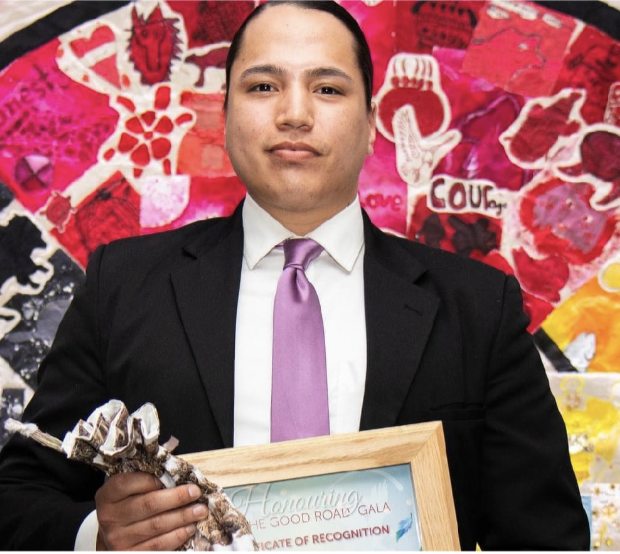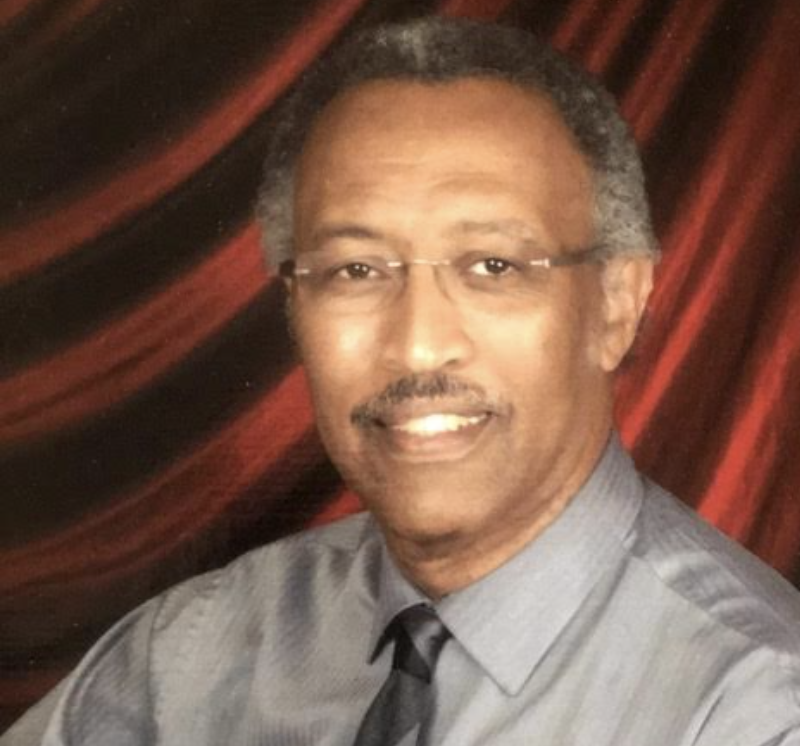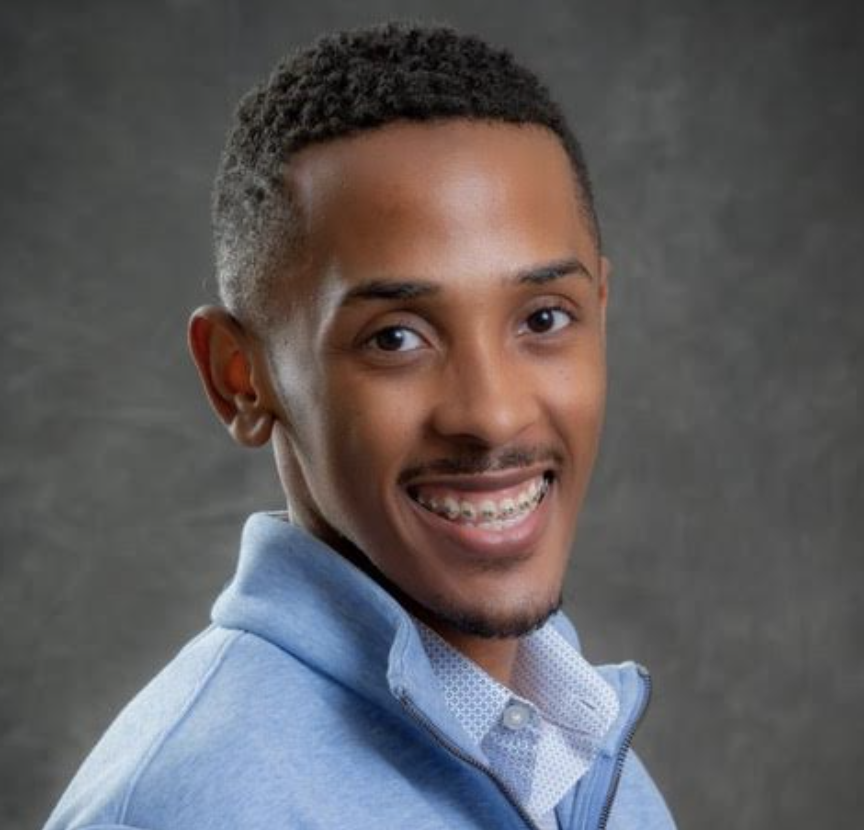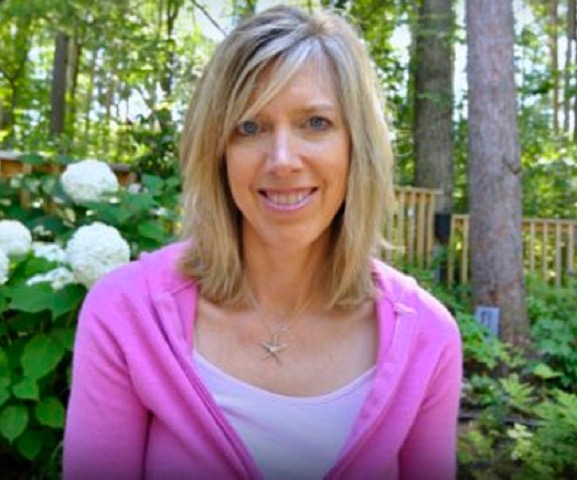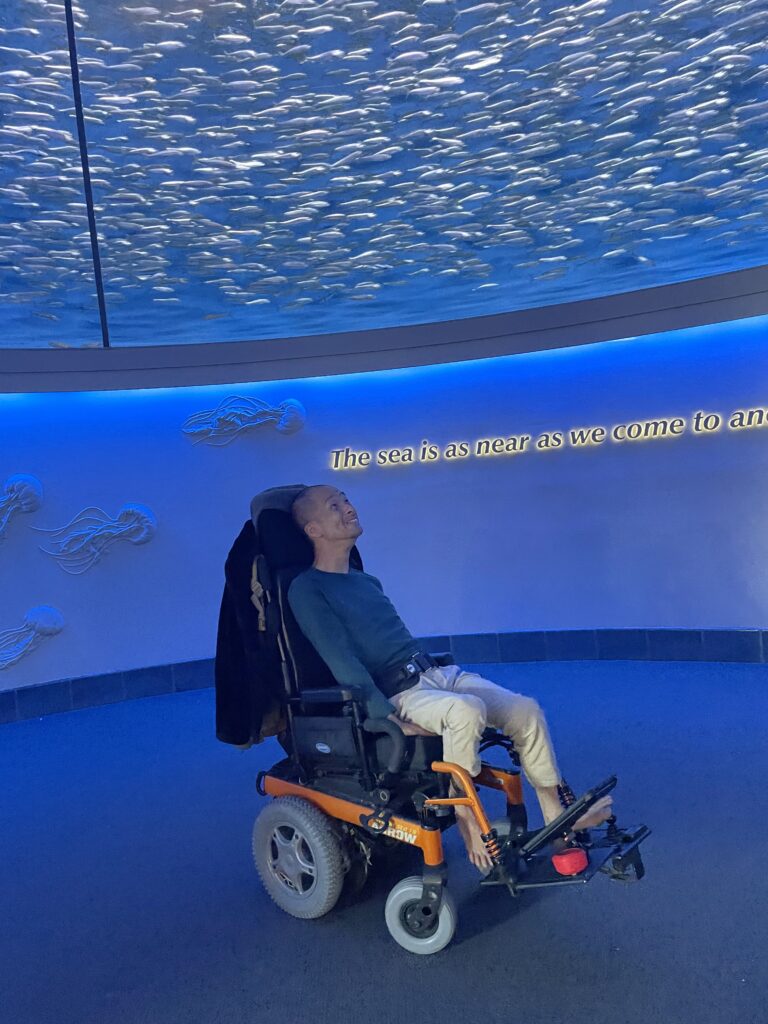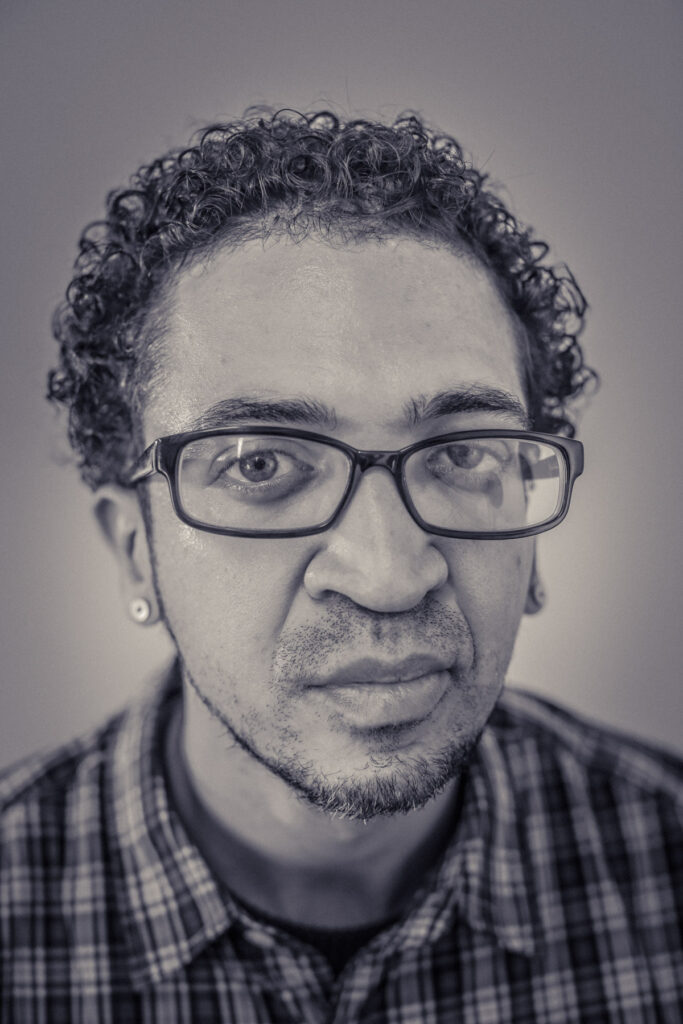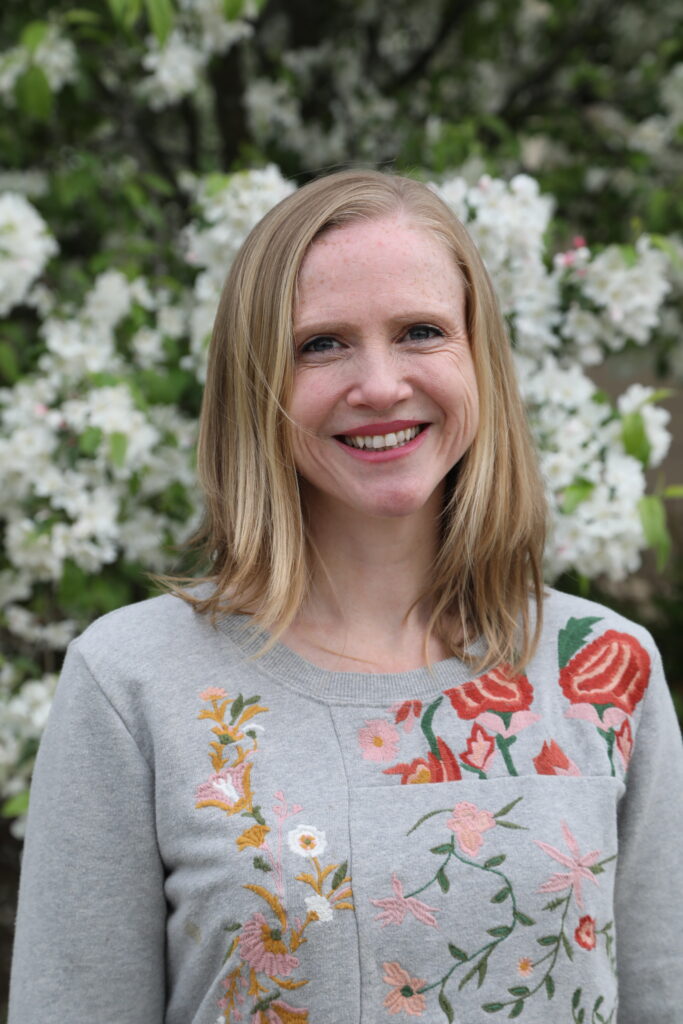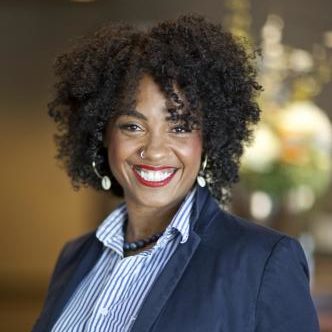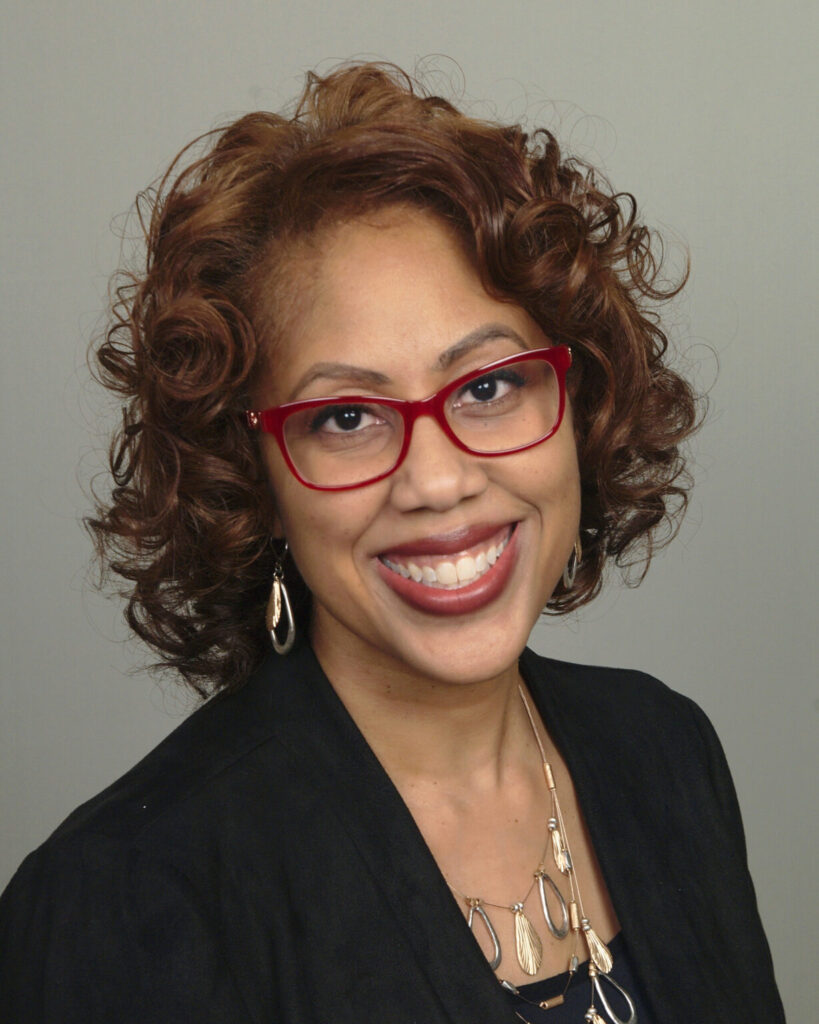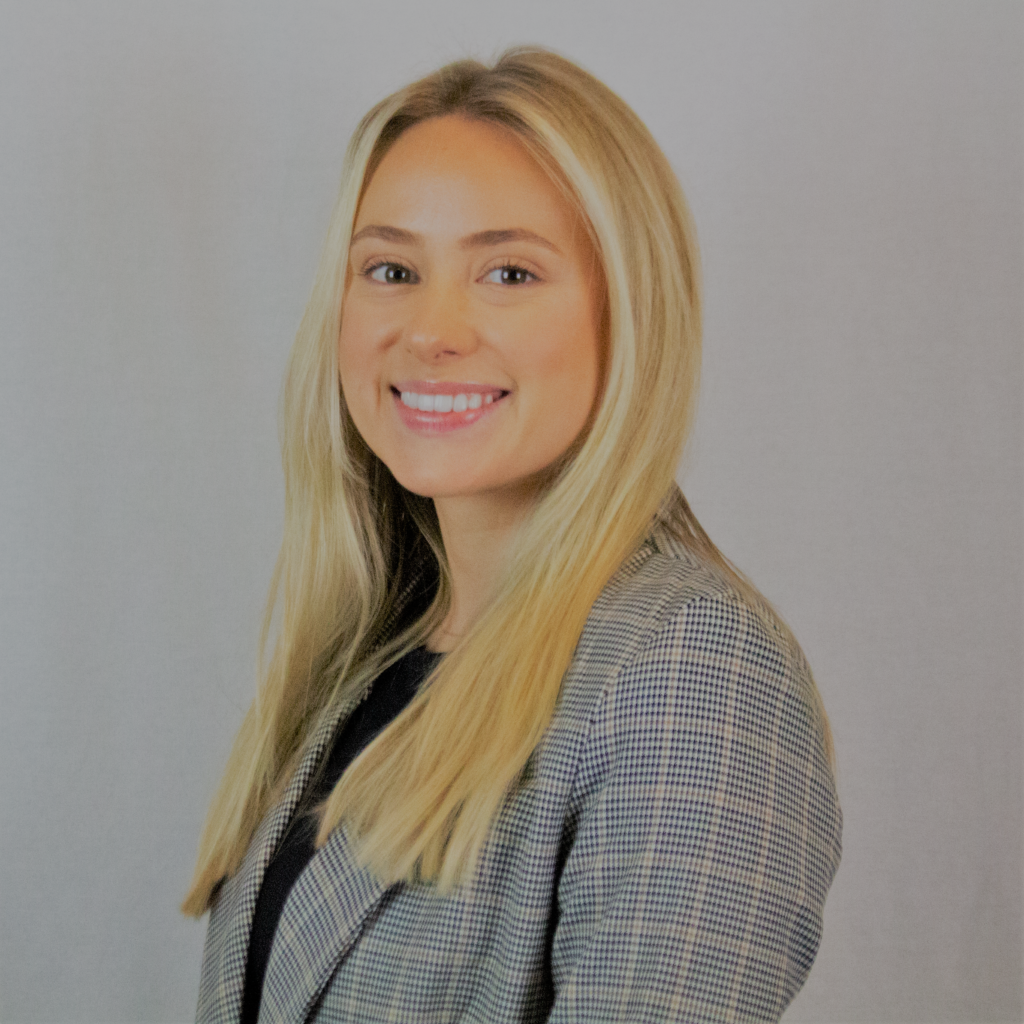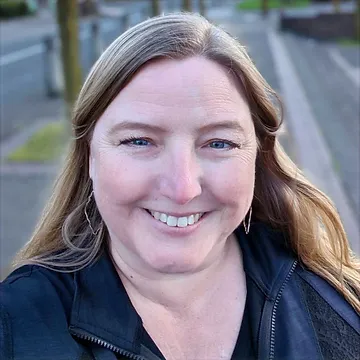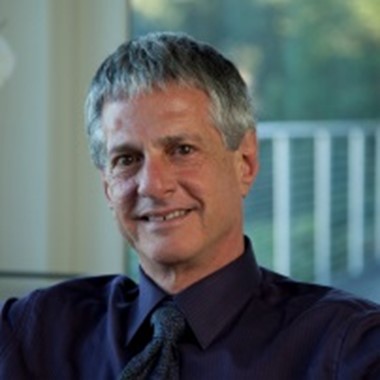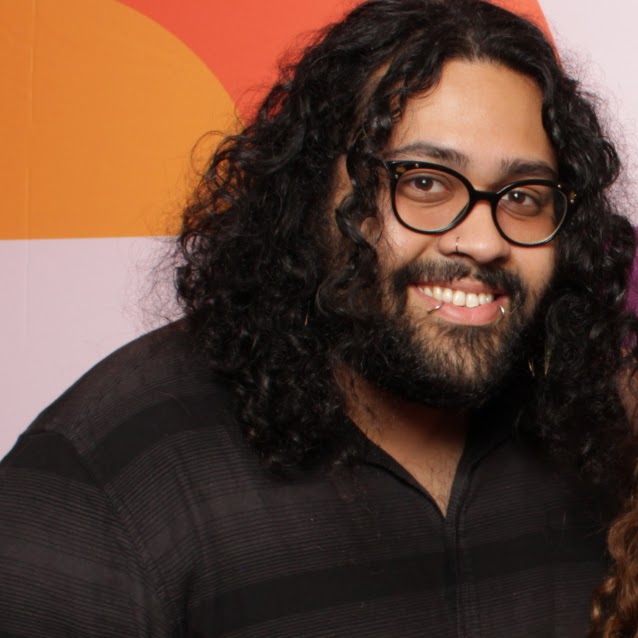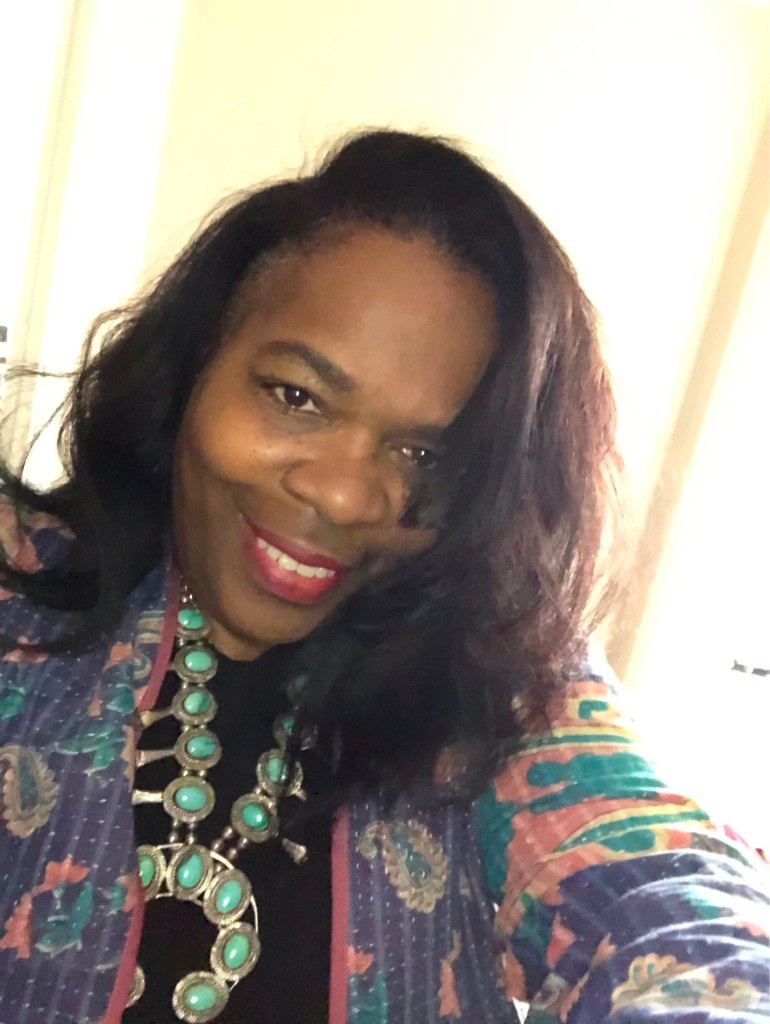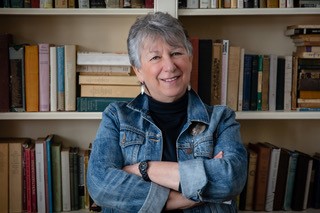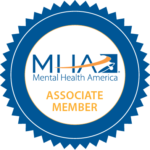“If hospitality is about making people feel seen, the best way to treat them is not like a commodity, but as a unique individual. Unreasonable hospitality means that one size fits one.” – Will Guidara
In this webinar, unlock the secrets of hospitality in service industries while discovering their relevance in crisis settings. As a leader, learn how to put the elements of hospitality into practice while avoiding the pitfalls of an environment devoid of whole-hearted hospitality.
Presenters:
Tess Parker | LMSW, Clinical Consultant, TBD Solutions
Travis Atkinson | LPC, Director of Clinical & Crisis Services, TBD Solutions
Presenter Information
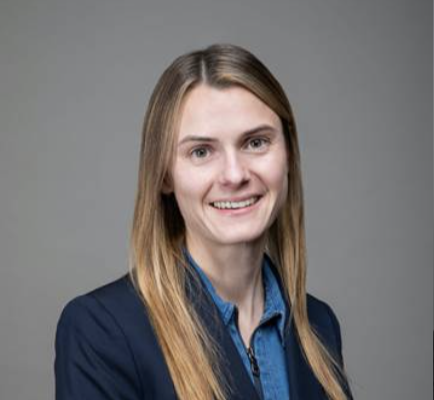
Tess Parker, LMSW, MSW, brings diverse experiences as a clinical therapist and facilitator. As a former director at a large behavioral health provider, she leverages her Master of Social Work from the University of Denver in a career dedicated to serving individuals experiencing mental health emergencies in both outpatient, and residential settings. Tess believes authenticity and vulnerability are at the core of human connection, and this belief is the foundation of her clinical and consultative approach.
Tess has an uncanny ability to strategically identify critical gaps in care and then create programs to bridge those gaps and truly save lives. She is also an avid writer, a minimalist at heart, and values meaningful connections with persons served, customers, and her community.
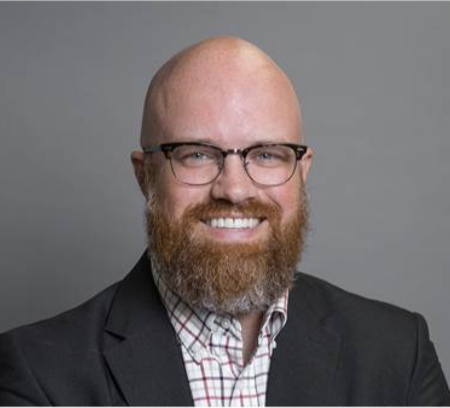
Travis Atkinson, MS, LPC, has worked in behavioral health services for the past 20 years as a clinician, trainer, supervisor, advocate, and consultant. He has presented on SAMHSA panels around crisis systems and crisis bed registries, researched best practices in emergency behavioral health care, and spoken at national behavioral health conferences on functional crisis systems and behavioral health workforce challenges. Since 2015 he has worked at TBD Solutions, and he was instrumental in authoring the Crisis Residential Best Practices Handbook in 2018.
He is the President of the Crisis Residential Association and former Crisis Services Committee Chair for the American Association of Suicidology. He received his BA from the University of Michigan and his Master’s degree from National-Louis University. Travis lives in Grand Rapids, MI, with his wife and three daughters. Travis dreams with writing and rocking with the likes of James Taylor and Huey Lewis & the News.

